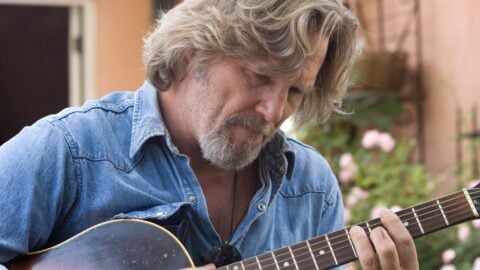The Film Comment Podcast: Paul B. Preciado on Orlando, My Political Biography
This year’s Berlinale saw the filmmaking debut of acclaimed philosopher Paul B. Preciado with the feature, Orlando, My Political Biography. Born in Spain and based in France, Preciado is the author of a number of groundbreaking texts about gender and sexuality—including his 2008 work of “auto-theory,” Testo Junkie, in which Preciado weaves reflections on his experience of taking testosterone with ruminations on how the body and its desires are formulated, controlled, and regulated by society. Precaido’s first film is as much of an exuberant formal invention as that book was. He was invited to make a documentary about his life, and instead, enlisted a diverse ensemble of trans individuals to interpret their lives through the text of Virginia Woolf’s 1928 novel, Orlando: A Biography, which details the centuries-spanning adventures of an aristocrat who magically changes gender overnight. Blurring the boundaries between self and other, documentary and fiction, fantasy and reality, and past and present, Preciado crafts a work that explodes binaries not only in content, but also in form.
On today’s episode, Film Comment editor Devika Girish interviews Preciado about the making of Orlando, My Political Biography, his decision to make a collective portrait rather than a biopic, and about the violence that cinema has inflicted on trans people across history—and how we can use moving images to pave the path for a different future. Orlando, My Political Biography is currently in theaters.







